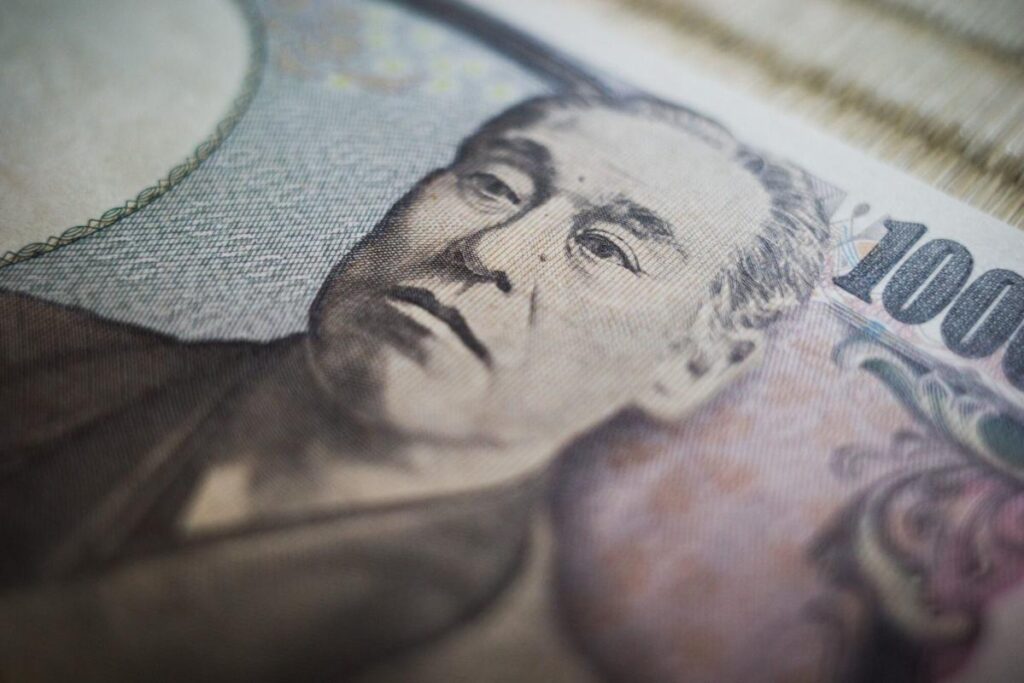(Bloomberg) — Warren Buffett’s Berkshire Hathaway Inc. sold yen bonds at lower costs in its second Japan deal of the year as speculation mounts that the billionaire investor may put more money into the nation’s share market.
Most Read from Bloomberg
In a ¥122 billion ($810 million) offering of five tenors of notes ranging from three years to 35 years, the firm was able to reduce spreads compared with its previous sale. It priced three-year bonds at a premium of 59 basis points over swaps versus 75 basis points in April, at a time of heightened market volatility after the appointment of Kazuo Ueda as Bank of Japan governor and banking-sector troubles overseas.
Berkshire is one of the largest overseas issuers of yen debt, and 32 out of its past 40 bond deals have been in the Japanese currency. It’s also a keen investor in Japan’s equities: Buffett announced in June that he had increased his holdings of firms including Mitsubishi Corp. and Itochu Corp., which lifted sentiment for the country’s overall stock market and helped propel stocks to a 33-year high.
A Daiwa Securities Co. analyst wrote earlier this month that the veteran investor may be looking at Japanese banks, insurers and automakers as his next investment targets.
Coupons on the Berkshire bonds rose compared with the April sales, but they increased less than equivalent swap rates used to calculate premiums, causing spreads to tighten. Most economists expect the BOJ to change its super-easy monetary policy by April, though Ueda has signaled that a policy shift will be only gradual and Japan’s sovereign yields have retreated from their highs in recent sessions.
“Despite the rising expectations for higher interest rates ahead, we felt that Berkshire’s three-year deal with nearly 1% coupon was relatively attractive,” said Haruyasu Kato, a fund manager at Asset Management One. “It is wonderful that the company was able to successfully complete a deal totaling about ¥120 billion in a difficult environment, when a slew of deals have been cancelled or postponed.”
Issuance of yen bonds from foreign issuers has been strong even after the BOJ effectively loosened the 1% cap on 10-year sovereign bond yields last month. Foreign corporate and sovereign borrowers including emerging market countries such as Poland are taking advantage of cheaper funding costs as Japan’s rates are still lower than most economies.
“More foreign issuers are visiting Japan than I can remember, and I met with at least seven or eight bond issuers just this week,” said Shunsuke Oshida, head of credit research at Manulife Investment Management Japan. “Interest rates are relatively stable, and they may be thinking that they can get funds cheaply.”
For overseas issuers like Berkshire that invest in yen assets, raising funds in the Japanese currency can be beneficial because they don’t have to pay foreign exchange costs.
Sales of yen bonds since the start of the fiscal year on April 1 rose more than 50% to about ¥2.5 trillion, the most in five years, according to data compiled by Bloomberg.
(Updates with comment from investor)
Most Read from Bloomberg Businessweek
©2023 Bloomberg L.P.
Read the full article here

